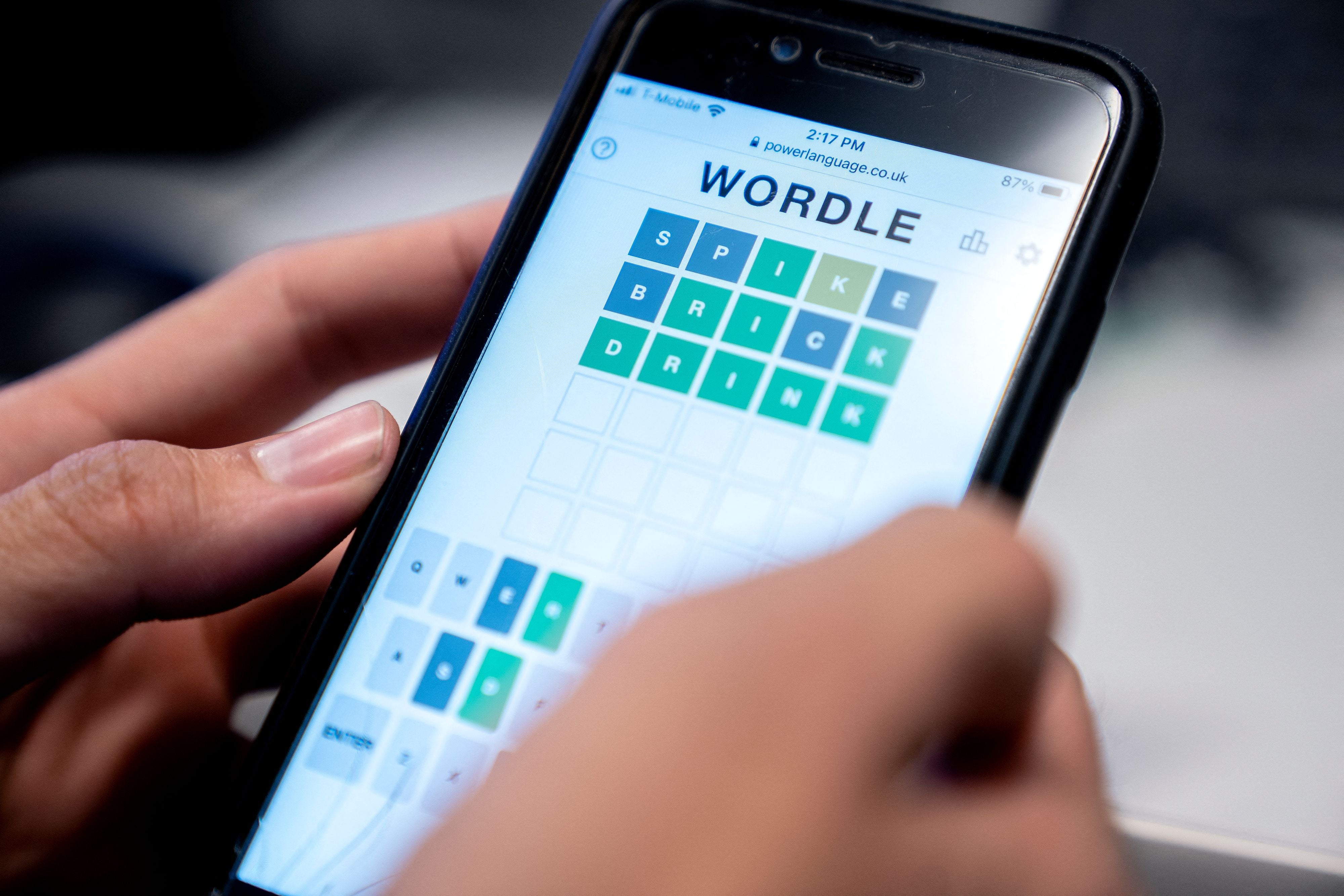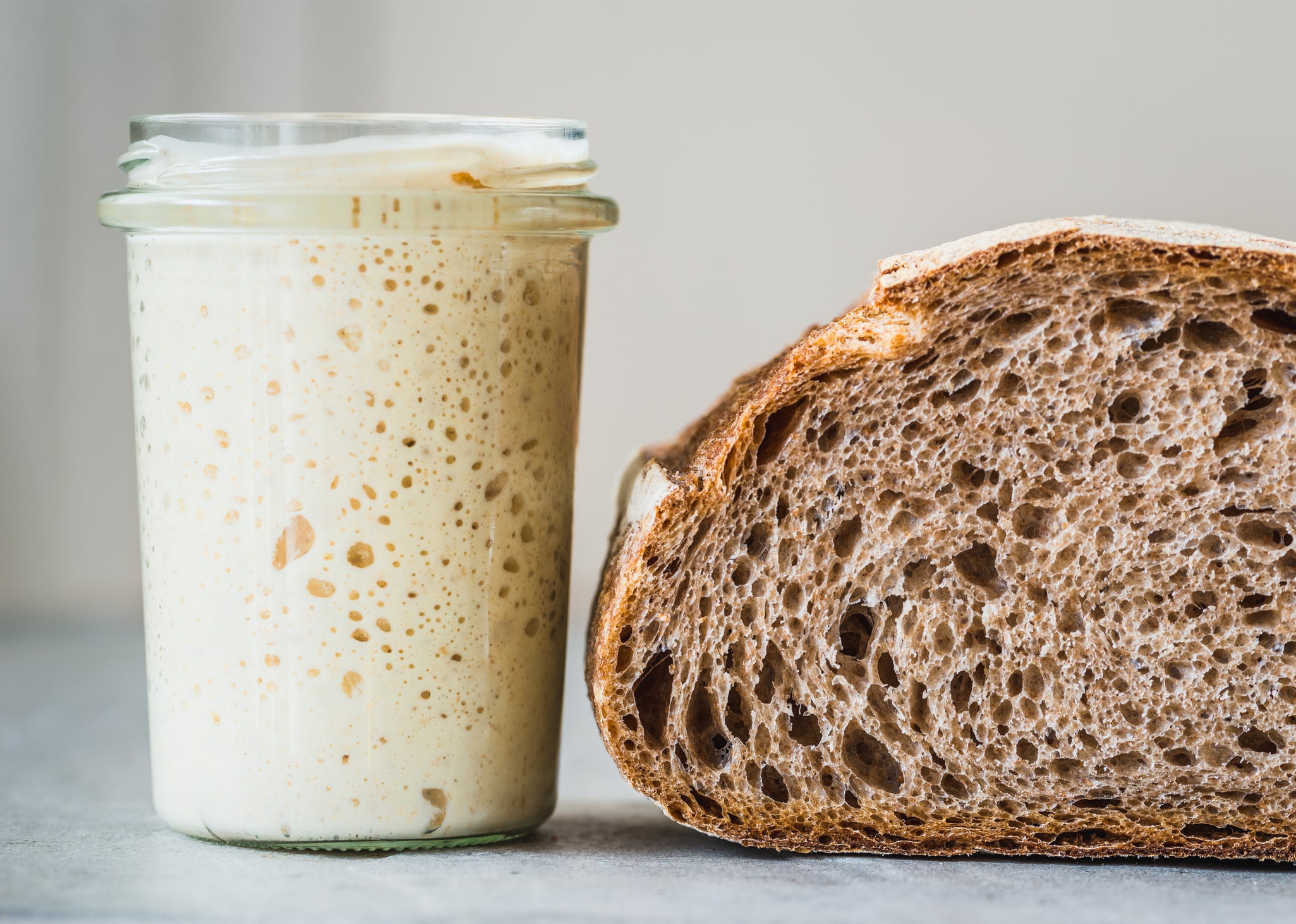Why do our brains crave pattern-seeking rituals like Wordle?
Many say ancient and modern rituals in both religious and secular contexts serve a powerful role in people’s lives, especially during uncertain times, writes Sarah Pulliam Bailey

In the beginning, people created sourdough starters. As people looked for rituals to cope with the early uncertainties of the pandemic, many bought Peloton bikes, built gardens and watched Tiger King.
And in Brooklyn, a software engineer said: “Let there be Wordle!” And there was Wordle. Big-time.
In recent weeks, the online game has become a kind of ritual for its players, who pilgrimage daily to a website to solve a five-letter puzzle. After completing it, many share their score with their friends, along with the grid of yellow and green squares that show how many tries it took them to solve the puzzle.
While rituals are often thought of in religious contexts such as prayer, a pilgrimage to Mecca, a Jewish Seder, baptism and communion, several scholars say there is no agreed-upon definition for a ritual. But many say ancient and modern rituals in both religious and secular contexts serve a powerful role in people’s lives, especially during uncertain times.
Humans’ brains are designed for pattern-seeking in order to help us make sense of the world, says Dimitris Xygalatas, an anthropologist and cognitive scientist at the University of Connecticut. When humans aren’t able to find patterns, we can experience stress, he said. Something like doing Wordle daily can give people a sense of regularity and a sense of control.
Xygalatas’s studies have found that people who participate in collective rituals have lower levels of cortisol that correspond with lower stress and are often able to build social-support networks. This is why, he said, communal rituals – such as cheering for health-care workers from apartment balconies – took off in the early months of the pandemic .
“Our mind craves regularity,” he says. “It’s one of the main ways we try to fight anxieties.”
Nebraska-based pastor April Fiet began playing Wordle three weeks ago and was so delighted by it that she crocheted a completed Wordle grid.
“Even though it’s not an overtly religious practice, there’s something spiritual about the discipline of doing something every day,” she says. “It’s created a little community and gives us something to centre around.”
The message that comes from religion is that breaking up the stress is not just a nice thing to do, it’s an essential thing to do
Now every morning, Fiet wakes up and completes a Wordle while her husband makes coffee – her reward when she finishes. Only one Wordle puzzle is released each day, and she likes that it’s “a controlled amount of fun” that she can share with Facebook friends.
Fiet, who recently published a book on creating rhythms for life called The Sacred Pulse: Holy Rhythms for Overwhelmed Souls, describes herself as a “pandemic stereotype”.
“I did sourdough starter, I bought chickens,” she says. “I observed the Tiger King phenomenon. Our routines have been so disrupted, and it’s helped people think intentionally how to think through their daily life.”
Rituals also allow people to engage in forms of play, one of the essential activities that affirm our humanity, says Rabbi Gil Steinlauf, from Rockville, Maryland. Rituals take us out of the mundane and remind us of something greater than ourselves, he says.
“Playing Wordle and things like that are things that can distract us from the anxieties… and reminds us of play," Steinlauf says. “What religion does with that is, it takes that same gesture and does a deep dive into that. It’s not just distraction but a window into something more.”

When he asks people whether they have rituals, he adds, they often say their morning coffee is their ritual, “a way of grounding yourself in the day with something warm and nurturing”. In Judaism, the Sabbath is a ritual that allows people to let go of the stress of the week and eat with family and friends.
“The message that comes from religion is that breaking up the stress is not just a nice thing to do, it’s an essential thing to do,” Steinlauf says. “Our souls need reprieve from the constant barrage of stresses that come in life. In religion, we go into: why do we need that?”
With social distancing and houses of worship closing and going virtual, people have found rituals that let them do something simultaneously with friends and family. Some played the game Among Us, joined live yoga workouts or watched the show Ted Lasso. Wordle allows people to play individually and share their scores communally, generally with an understanding that they not give away the answer to the puzzle.
Humans have long created new rituals when old ones fail to work the way they once did, says Michael Norton, a professor at Harvard Business School who has studied rituals.
“Wordle is something that people can collectively get on board with, have a shared understanding of and a similar experience with,” Norton says. “One of the reasons we go to sporting events is we have the communal experience. We can scream in ways we normally can’t.”

As more business leaders decide that the hybrid system of remote and in-person work is here to stay, several recent start-ups have focused on helping companies create better social connections virtually. Kursat Ozenc, a lecturer at Stanford University on organisation and culture, says some people have tried to create rituals in Zoom meetings, including sending people a kit they can make together, such as bubble tea. Others will ask team members to answer a check-in question on how they’re feeling using emojis.
“You need to connect to something bigger than yourself,” says Ozenc, who co-authored a book last year, Rituals for Virtual Meetings. “Rituals can have power to energise people or calm people, so they can help us feel more lively.”
Heather Stringer, a mental health counsellor in New York City, says she likes to distinguish between routines, such as taking a shower, and rituals, a set time and space that interrupts old patterns, uses symbols and engages the body.
“The reason why rituals are so important is they provide reorientation to what is meaningful,” Stringer says. “Sourdough starters helped to reorient us to something that takes time and attention.”
Stringer will sometimes curate or facilitate a ritual for clients. For example, she created a ritual for a woman who had had a traumatic first birth and was pregnant again in which the woman would untie knots while naming her fears. A woman who was coming out of an abusive relationship would lie down and friends would place stones around her as a physical representation that her body was her territory. If a client is religious, Stringer might use Scripture or religious imagery.
“We have a deep human need to be seen and to be honest, not just through talking or getting coffee,” she says. “Rituals allow us to be braver.”
Join our commenting forum
Join thought-provoking conversations, follow other Independent readers and see their replies
Comments



Bookmark popover
Removed from bookmarks